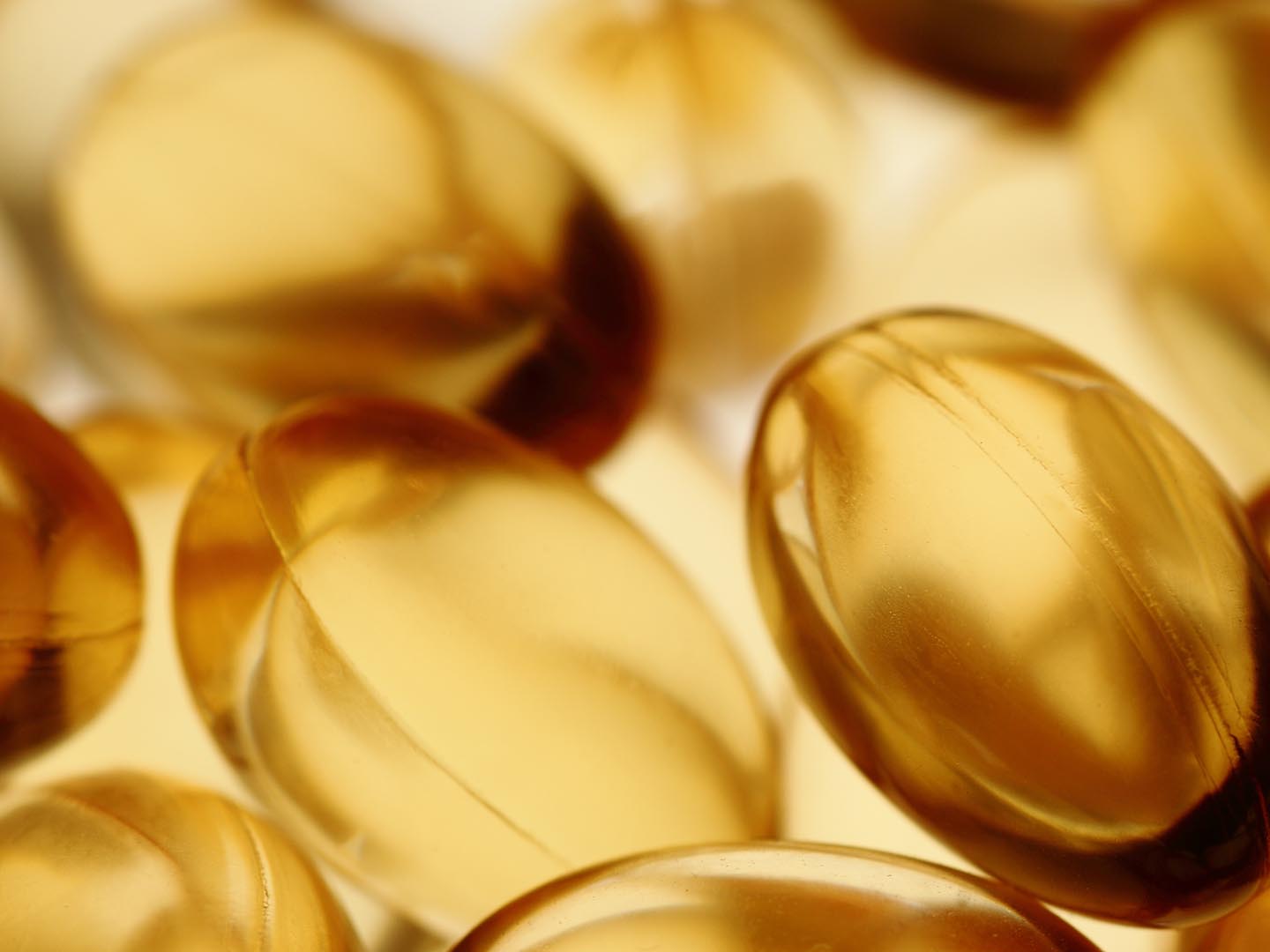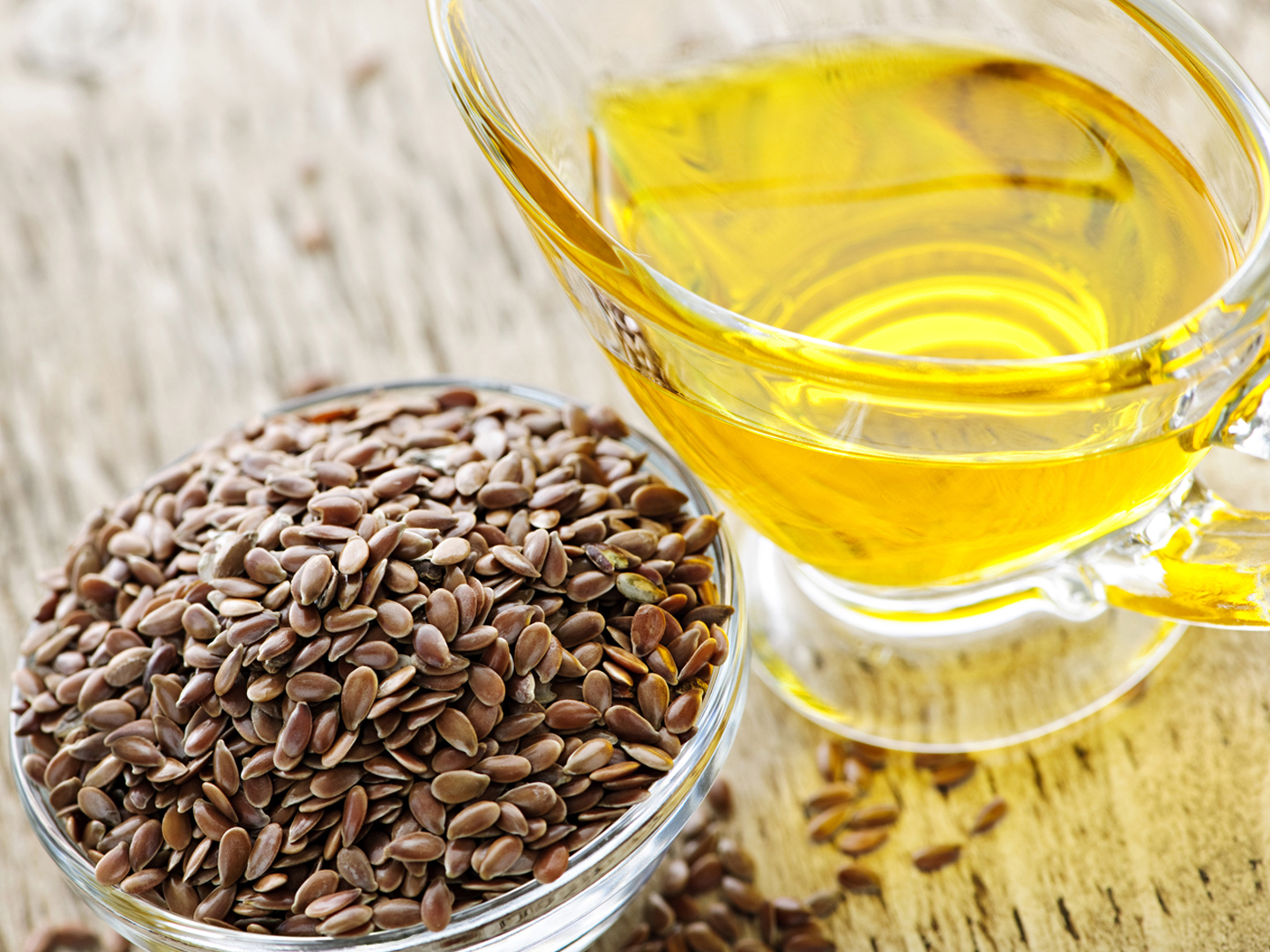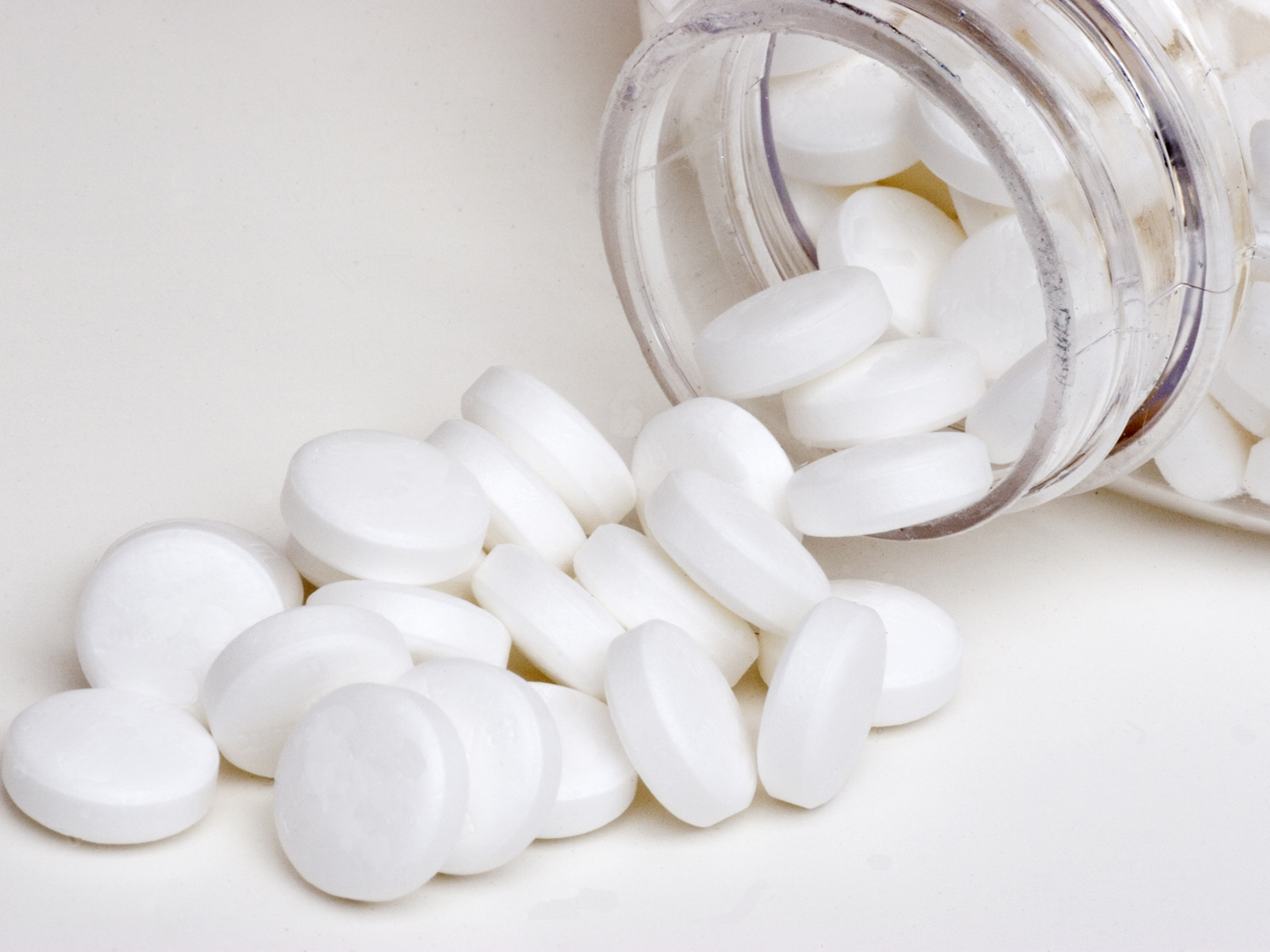Avoid Vitamin E for Prostate Health?
Does taking vitamin E increase or decrease the risk of prostate cancer? What about selenium? Weren’t these supplements studied for prostate cancer protection?
Andrew Weil, M.D. | October 28, 2014

Originally published January 3, 2012. Updated October 27, 2014.
Yes, they were indeed studied. In 2001, the National Cancer Institute (NCI) launched a large scale study called SELECT (short for the Selenium and Vitamin E Cancer Prevention Trial), to follow up on evidence from earlier research suggesting that selenium and vitamin E might reduce the risk of prostate cancer. More than 35,000 men at 400 locations in the U.S., Canada and Puerto Rico enrolled in SELECT between 2001 and 2004. Some of these participants took 400 IU of vitamin E daily, some took a combination of vitamin E and selenium, some took selenium alone and some were given placebos. This was a double-blind, placebo-controlled trial, meaning that neither the participants nor the researchers knew which men were getting which supplement and that results of each arm of the trial could be compared to those from the control group, where participants received placebos.
Long-term follow-up results, published in the October 12, 2011 issue of the Journal of the American Medical Association, showed that there were 17 percent more cases of prostate cancer among men who took vitamin E alone than among the men who took the placebo. According to the NCI, 65 cases of prostate cancer were diagnosed for every 1,000 men participating in SELECT after seven years. However, for the men assigned to take vitamin E only, 76 cases of prostate cancer were diagnosed for every 1,000 men, (11 additional cases of prostate cancer per 1,000 men over seven years).
In an analysis published this year (2014), the NCI reported that men who had high levels of selenium at the start of the trial had almost double the chance of developing a high-grade (the most aggressive type) of prostate cancer if they took the selenium supplement compared to men with low levels of selenium at the start of the trial. NCI said this finding was unexpected, since earlier studies had shown that men with low levels of selenium to begin with had an increased risk of prostate cancer that was reduced with supplements. What’s more, men with low levels of selenium at the start of the SELECT trial had double the chance of developing a high-grade prostate cancer if they took the vitamin E supplement.
The initial SELECT findings on vitamin E, published in 2009 in the Journal of the American Medical Association, suggested that taking vitamin E or selenium did not protect against prostate cancer. On the basis of the 2009 data, we removed the extra vitamin E from my Prostate Support Formula in 2007. Unfortunately, the SELECT trial provided only one component of vitamin E, dl-alpha tocopherol, rather than the natural form found in nuts, seeds, and green leafy vegetables.
At present, the best information we have is that taking this isolated form of vitamin E may not be beneficial to prostate health. However, because vitamin E remains important to overall health, I recommend that you make an effort to get it through your diet and a daily vitamin formula that contains a mixture of both tocopherols and tocotrienols, all eight of the compounds that make up natural vitamin E. Dietary sources of vitamin E include almonds, sunflower seeds, peanut butter, spinach, broccoli, kiwi fruit and mangoes.
Andrew Weil, M.D.
Source:
“Selenium and Vitamin E Cancer Prevention Trial (SELECT)” National Cancer Institute, http://www.cancer.gov/newscenter/qa/2008/selectqa accessed August 18, 2014










